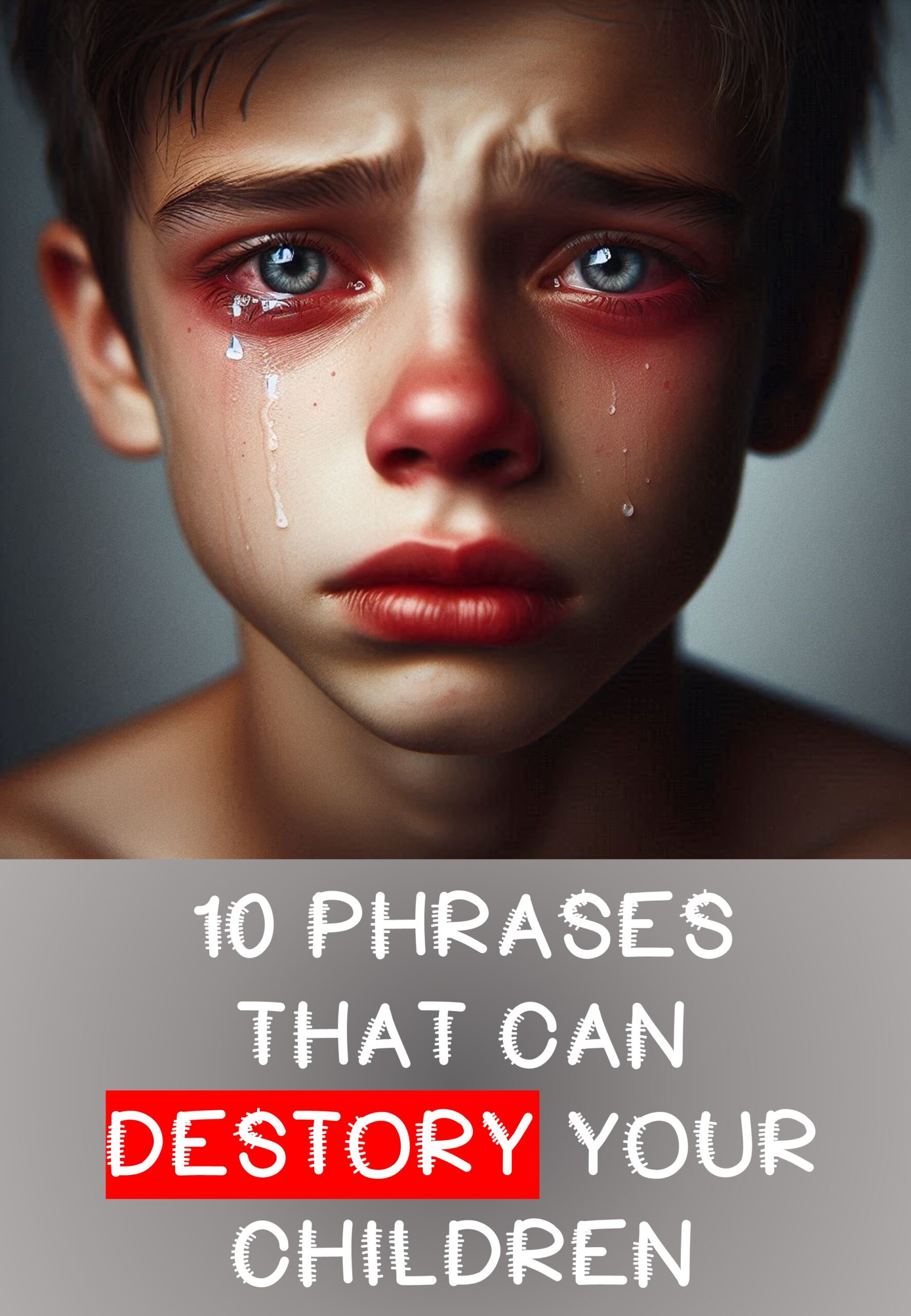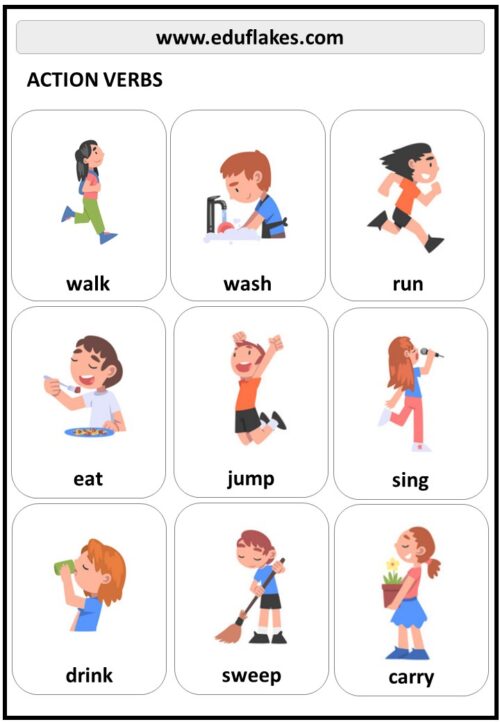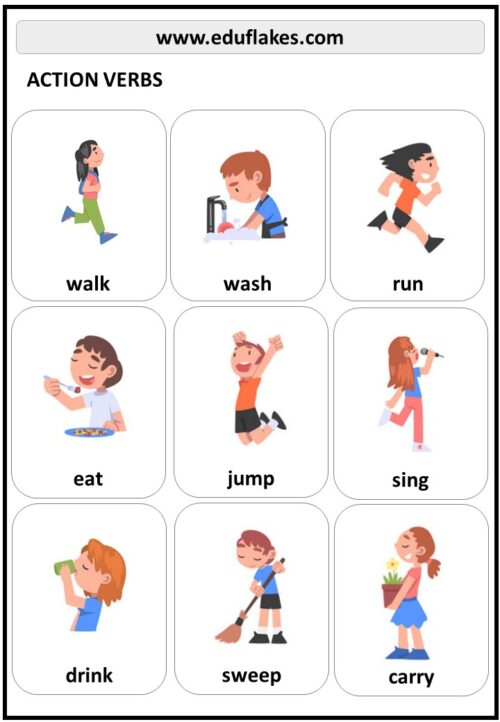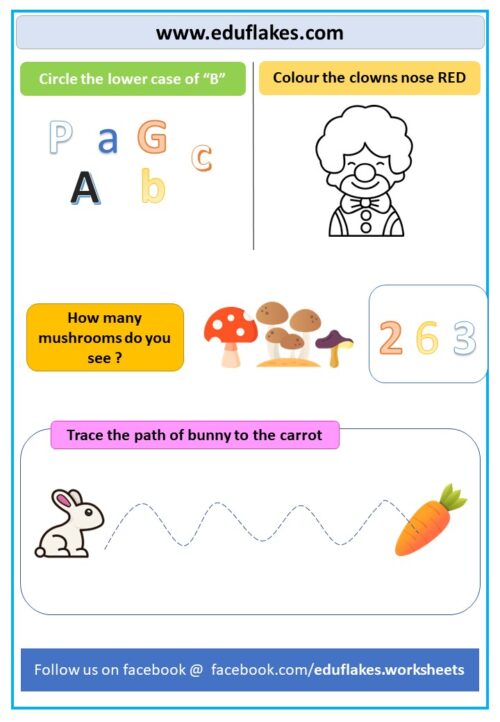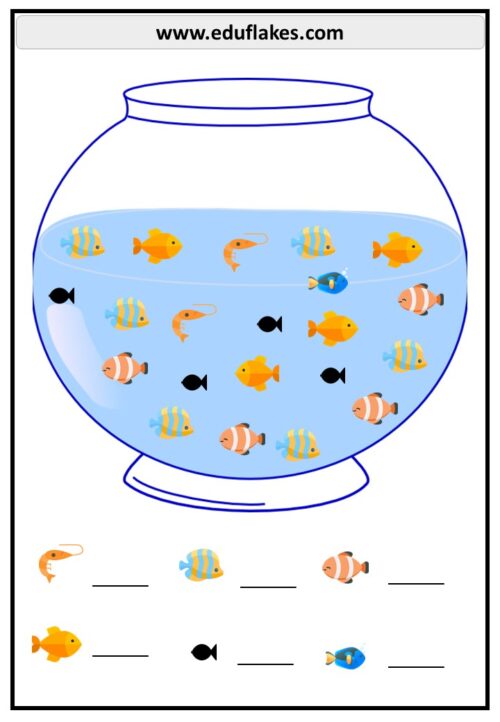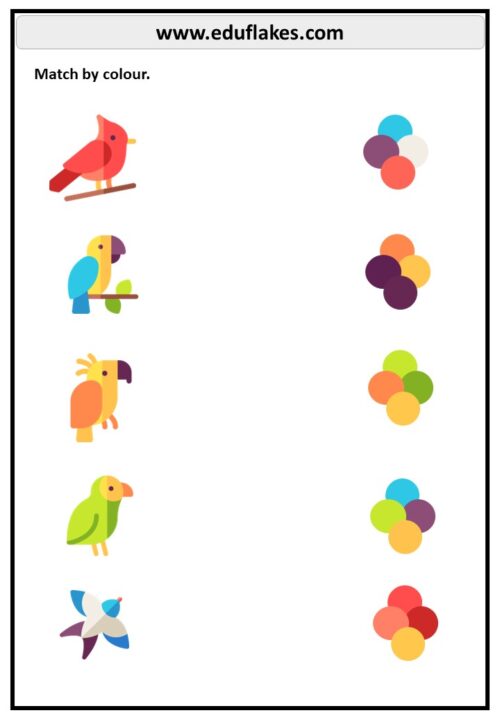As parents, our hearts are filled with endless love and the desire to nurture and guide our children towards becoming the best versions of themselves. Sometimes, in moments of frustration or exhaustion, we may say things we don’t truly mean, words that can unintentionally wound more deeply than any physical punishment ever could. These moments remind us how crucial it is to choose our words carefully and discipline in a way that encourages growth and preserves the precious bond we share with our children.
Choosing our words carefully when speaking with children is incredibly important because words have the power to shape their self-esteem, confidence, and overall emotional well-being. Young minds are incredibly impressionable, and what we say to them can either build them up or tear them down. Positive, encouraging words can foster a sense of security and self-worth, while negative or harsh words can lead to feelings of inadequacy and fear. Children often internalize the messages they hear from their parents and caregivers, and these messages can influence their self-perception and behavior for years to come.
10 Phrases You Should Never Tell Your Child

1. “Why can’t you be more like [sibling/friend]?”
Comparing your child to someone else can be incredibly damaging. It can create feelings of inadequacy and inferiority, leading to low self-esteem and resentment. Each child is unique with their own strengths and weaknesses. Celebrating their individuality and achievements, no matter how small, fosters a positive self-image and encourages growth.
2. “You’re so lazy.”
Labeling a child as lazy can lead to internalizing that negative trait. Instead, focus on encouraging positive behaviors and providing constructive feedback. For example, if your child is procrastinating on homework, try saying, “Let’s find a way to make this task more manageable” or “How can I help you get started?”
3. “I wish you were never born.”
This is one of the most hurtful things a parent can say. It can cause deep emotional trauma and long-term psychological damage. Children need to feel loved and wanted by their parents. Expressing regret about their existence can shatter their sense of security and belonging, potentially leading to severe emotional and behavioral issues.
4. “You’re not good enough.”
Telling a child they are not good enough can severely affect their self-worth and confidence. It’s crucial to build up their belief in themselves. Encourage your child to try their best and acknowledge their efforts, even if they don’t always succeed. Say, “I’m proud of the effort you put into this” or “What matters most is that you tried your best.”
5. “You’re a bad boy/girl.”
Criticize the behavior, not the child. Saying “What you did was wrong” is more constructive than labeling the child as bad. This helps the child understand that it’s the behavior that needs to change, not their entire being. Positive reinforcement and clear explanations about why certain behaviors are unacceptable can guide them toward better choices.
6. “Stop crying. It’s not a big deal.”
Dismissing your child’s feelings can make them feel invalidated and misunderstood. Instead, acknowledge their emotions and help them work through them. Try saying, “I see that you’re upset. Do you want to talk about it?” or “It’s okay to feel sad. Let’s figure out what we can do to make you feel better.”
7. “You’ll never amount to anything.”
This kind of statement can destroy a child’s motivation and belief in their abilities. Offer support and guidance to help them overcome challenges. Reinforce their potential by saying things like, “You have so much potential” or “I believe in you and know you can achieve great things.”
8. “You’re too sensitive.”
Invalidating your child’s feelings can make them feel ashamed of their emotions. Encourage them to express their feelings and talk about why they feel that way. Acknowledge their sensitivity as a strength, saying, “It’s okay to feel deeply. Your emotions are valid.”
9. “I don’t have time for you right now.”
While it’s understandable that parents are busy, frequently saying this can make your child feel neglected and unimportant. Try to set aside quality time for them. Even if it’s just a few minutes, say, “I’m busy right now, but I’ll spend time with you as soon as I’m done.”
10. “You always mess things up.”
Generalizing a child’s mistakes can make them feel hopeless and discouraged. Focus on specific incidents and provide guidance on how to improve. Say, “It looks like you had a tough time with this. Let’s work on it together and find a solution.”
Making Positive Changes

Recognizing and avoiding these harmful phrases is just the first step. Here are some additional strategies to foster a positive and nurturing environment for your child:
- Active Listening: Take the time to listen to your child’s thoughts and feelings without interrupting. This shows them that their opinions matter and helps build their confidence.
- Positive Reinforcement: Celebrate your child’s successes, no matter how small. Positive reinforcement encourages them to keep trying and builds their self-esteem.
- Constructive Criticism: When providing feedback, focus on what they did well and how they can improve. Avoid negative labels and instead use constructive language.
- Consistent Routines: Establishing consistent routines provides children with a sense of security and helps them understand expectations and boundaries.
- Modeling Behavior: Children learn by observing. Model the behavior you want to see in your child. Show kindness, patience, and respect in your interactions with others.
- Quality Time: Spend quality time with your child. Engage in activities they enjoy and show interest in their hobbies and interests. This strengthens your bond and makes them feel valued.
- Open Communication: Foster an environment where your child feels comfortable expressing their thoughts and feelings. Encourage open and honest communication without fear of judgment.
- Empathy: Teach your child to understand and share the feelings of others. This helps them develop compassion and strengthens their emotional intelligence.
- Encouraging Independence: Allow your child to make choices and learn from their experiences. This fosters a sense of independence and builds problem-solving skills.
- Unconditional Love: Above all, show your child unconditional love and support. Let them know that you love them no matter what and that you are there for them through thick and thin.
